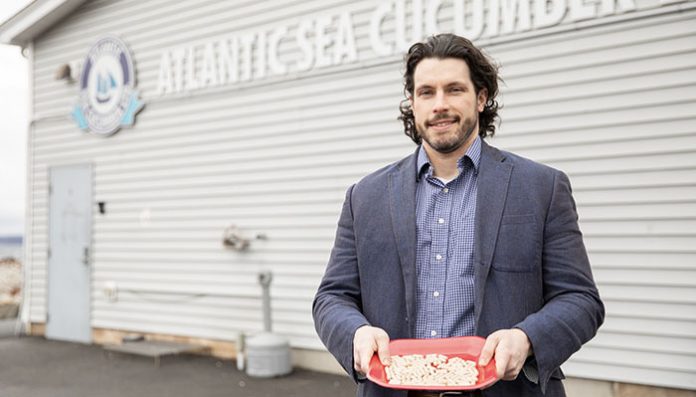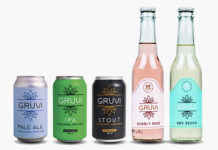For more than 1,000 years, sea cucumber has been a delicacy in China, believed to aid vitality and reduce joint pain among other things.
In China, sea cucumber is mostly farmed, whereas in Canada it is harvested wild from the ocean floor off Nova Scotia’s Cape Breton. Canadian sea cucumber has a smooth body, compared to its Chinese counterpart that has a covering of spikes. Exports of sea cucumber from Canada to China have dramatically increased in the past decade.
Sea cucumber is a marine animal in the family of the phylum Echinodermata, of which there are more than 1,250 species. The Canadian North Atlantic species is called Cucumaria Frondosa (C-Frondosa) and is packed with very potent nutrients that are preserved by the frigid temperatures of these northern waters.
Research is ongoing at many universities globally to investigate sea cucumber’s efficacy across a spectrum of various conditions including heart disease, hypertension, inflammation, and cancer. There is a more than decade long survey by the National Cancer Institute that reveals marine animals such as C-Frondosa have anti-tumour properties.
C. Frondosa has also been recognized for its high antioxidant capacity. A good source of minerals and protein for immune building and function, it is also a good source of omegas, polysaccharides and saponins, which attracted the attention of AKSO Biotech, Inc. of Halifax, NS.
“Sea Cucumber is very laborious to prepare, it can take days,” says Lincoln Ellsworth, General Manager of Atlantic Sea Cucumber, of Hackett’s Cove, NS. “Although sea cucumber is consumed around the world for its traditional health benefits, a capsule form is the only practical way of getting the benefits of sea cucumber on a daily basis. Our proprietary cook process locks in maximum nutrition, which makes us the supplier of choice for AKSO.”









